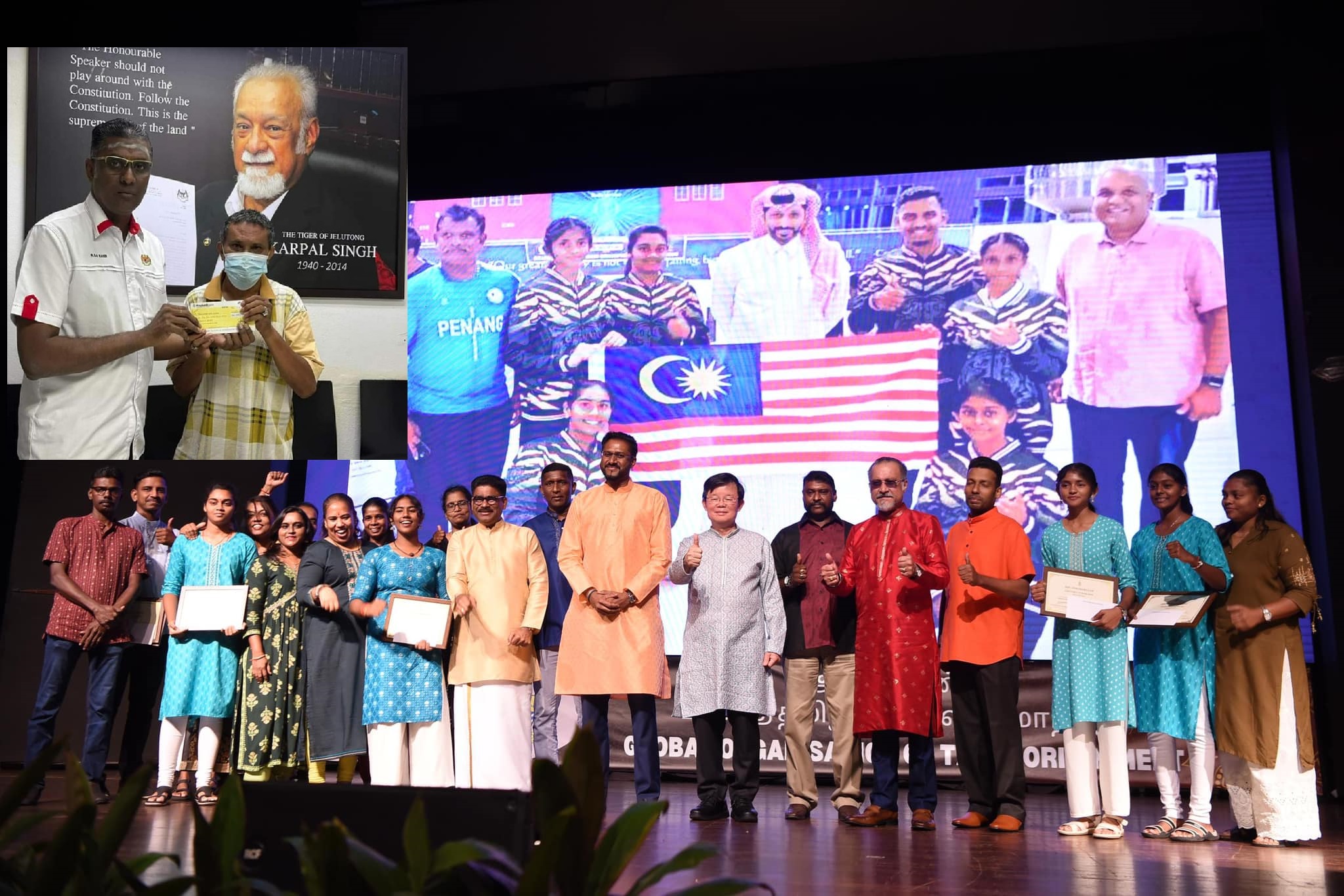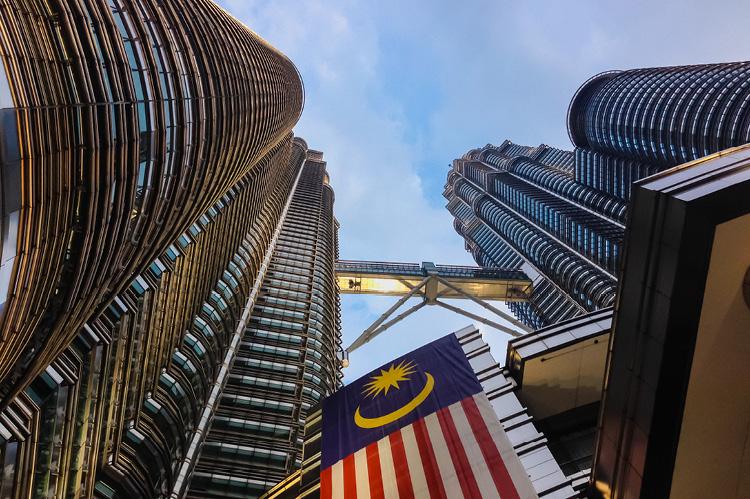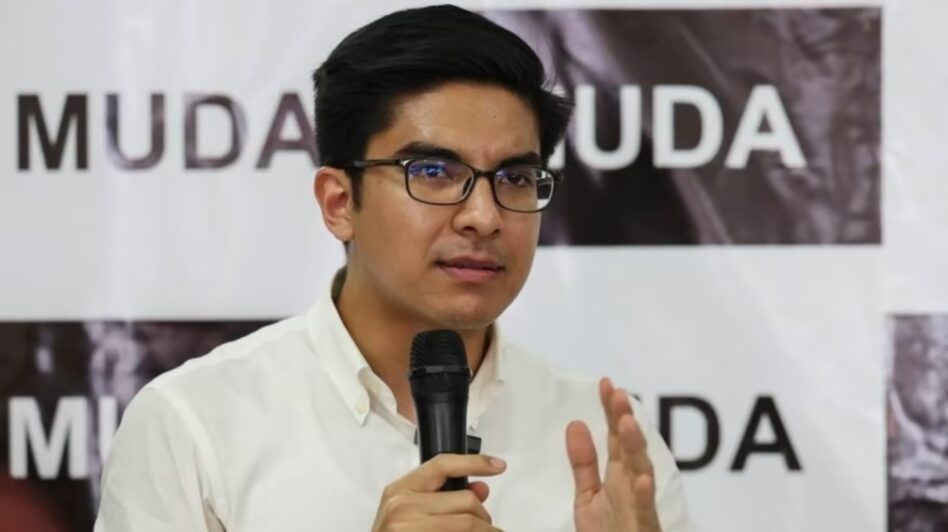JELUTONG MP RSN Rayer (main image, inset) may be Tamil by ethnicity or cultural background but his recent actions reveal a profound disconnect from the cultural, social and historical ethos of the global Tamil community.
This gap was starkly evident during his controversial remarks at the Tamil Heritage Conference in Penang where he expressed support for BJP (Bharatiya Janata Party) leader K. Annamalai as the next Tamil Nadu Chief Minister.
His comments provoked significant backlash, ultimately leading to his abrupt exit from the event.
I was informed that one of the participants was a state minister in the government of Tamil Nadu. He apparently was very upset by Rayer’s childish remarks that he might officially lodge a complaint with the Penang state government.
By the way, Penang Chief Minister Chow of Penang officiated the conference.
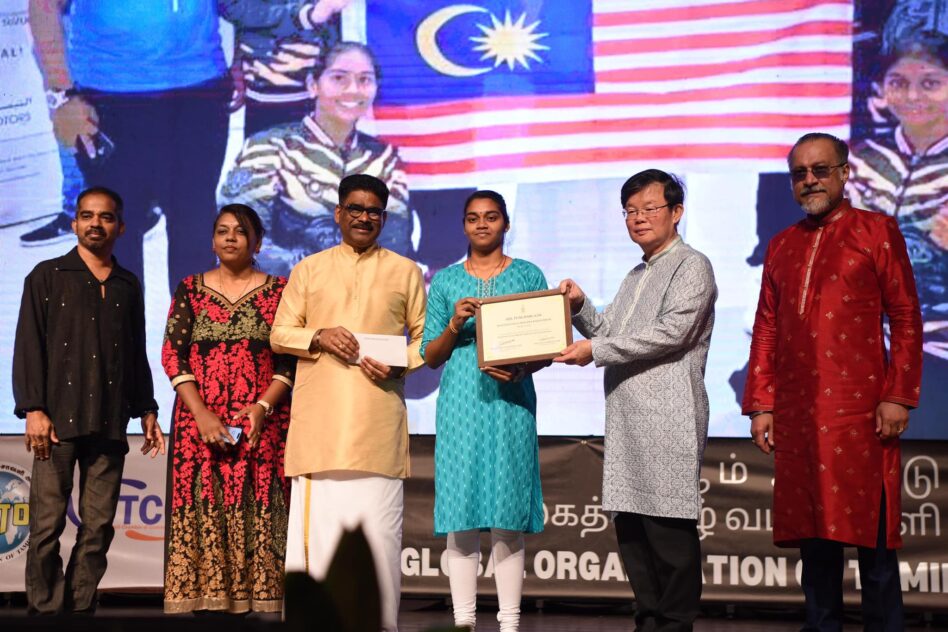
Misreading Tamil sentiments
To understand the depth of the backlash, one must recognise the unique historical and political dynamics of the Tamil community – both in Tamil Nadu and the global diaspora.
The Tamil identity has been shaped by its opposition to North Indian cultural hegemony, including the imposition of Hindi as a national language and the central government’s neglect of Tamil as one of the world’s oldest languages.
Additionally, Tamils have long resisted the caste-based ideology of Hindutva promoted by the ruling BJP which they perceive as a Brahminical imposition incompatible with Tamil Nadu’s Dravidian socio-political ethos.
This resistance explains why the BJP has struggled to gain a foothold in Tamil Nadu, holding no parliamentary or state assembly seats despite the flaws of the state’s Dravidian parties.
Ironically, the BJP’s presence often consolidates support for Dravidian parties as they are seen as defenders of Tamil identity against northern political and cultural domination.
Rayer’s costly misstep
Against this backdrop, Rayer’s open endorsement of Annamalai was not just tone-deaf – it was culturally and politically provocative.
The audience’s hostility, including an outburst calling for him to stop speaking reflected the strong anti-BJP sentiment pervasive among Tamils.
This reaction underscores the need for speakers at Tamil events to be sensitive to the community’s broader historical and cultural struggles.
Rayer’s comments also ignored the pride Tamils take in their language, literature and identity, as well as the suffering endured by diasporic Tamil communities.
Whether it’s the civil war in Sri Lanka or discrimination faced by Tamils in countries like Malaysia, the global Tamil community shares a deeply rooted sense of cultural pride and collective struggle.
To advocate for a leader like Annamalai who represents a party perceived as antithetical to Tamil interests was bound to alienate his audience.
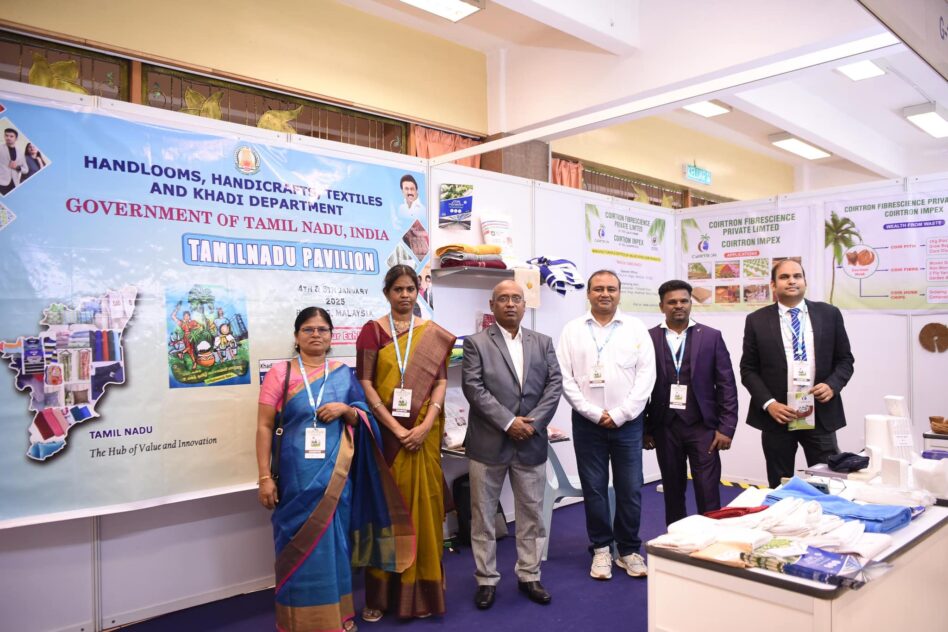
Lessons in sensitivity, accountability
Rayer’s failure lies in his lack of understanding of the historical intersection of India’s Dravidian and Aryan influences which have shaped the political and cultural fabric of Tamil Nadu.
His comments demonstrated an insensitivity to the political ethos of Tamils who value autonomy and cultural pride over affiliations with northern political ideologies.
To participate meaningfully in Tamil conferences or similar platforms, politicians like Rayer must first appreciate these complexities.
They must understand the Tamil community’s historical struggles, cultural pride and resistance to perceived cultural erasure. Without this knowledge, it is easy to make remarks that are not only unpalatable but deeply offensive to the community.
It remains unclear whether Rayer has apologised for his remarks but doing so would be a necessary step toward mending ties with the Tamil community.
A public apology coupled with a demonstration of genuine effort to understand Tamil cultural and political concerns would show humility and a willingness on the part of politicians in the present Pakatan Harapan (PH)-led coalition government that they cannot ride a roughshod over the feelings and sentiments of Tamils in the country. – Jan 6, 2025
Former DAP Bagan Dalam state assemblyman Satees Muniandy is the secretary-general of the United Rights of Malaysian Party (Urimai) interim council.
The views expressed are solely of the author and do not necessarily reflect those of Focus Malaysia.
Images credit: Chow Kon Yeow 曹觀友/Facebook


